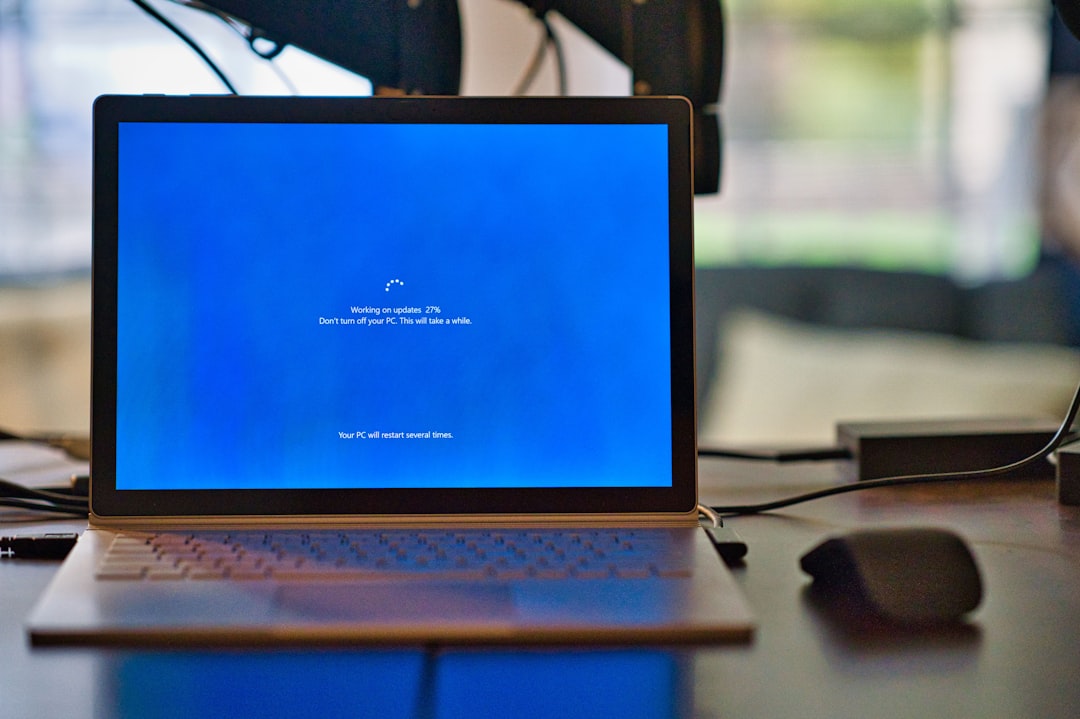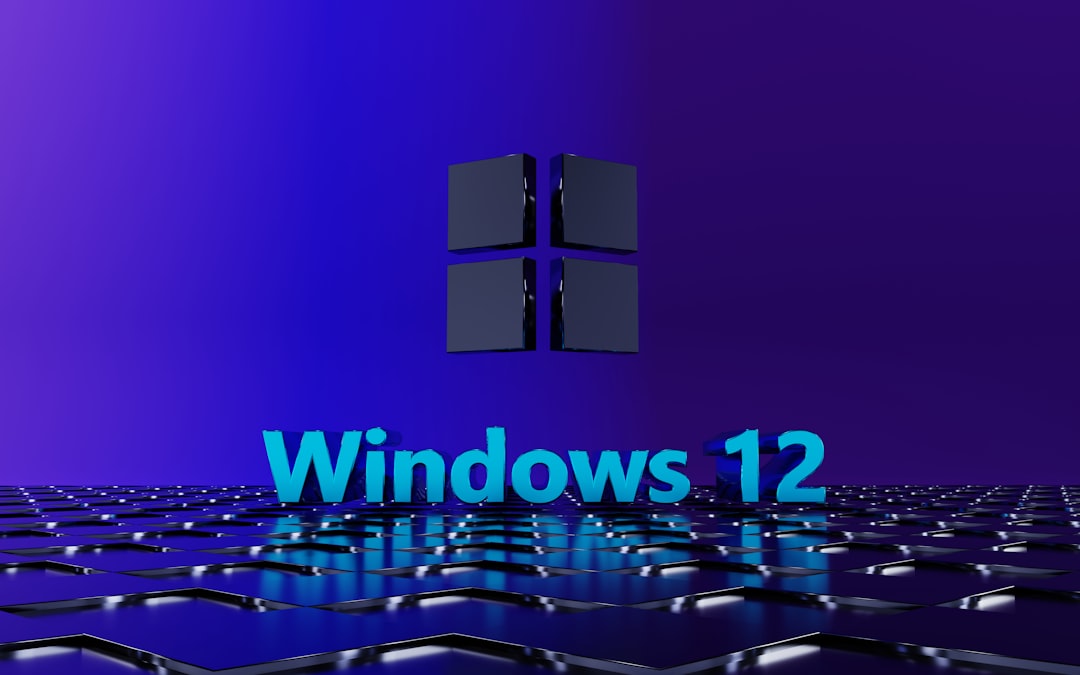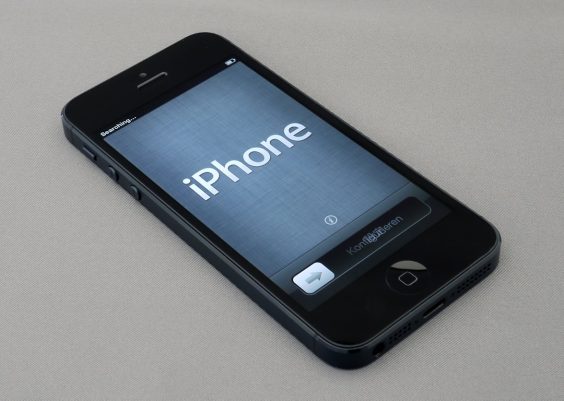Encountering an error when trying to access a compressed ZIP folder in Windows can be both frustrating and confusing. Whether you’re working with important documents or downloading files from the internet, a corrupted ZIP folder can halt your workflow entirely. Fortunately, there are several methods to resolve this issue and recover your files.
TL;DR: ZIP folder errors in Windows typically occur due to file corruption, incomplete downloads, or compatibility issues. Basic fixes include re-downloading the file, using built-in Windows tools, or third-party repair utilities. Always check for proper file associations and permissions, and remember to back up important data before trying advanced solutions.
Understanding the ZIP Folder Error
ZIP is a widely-used compression format that allows users to combine and reduce the size of multiple files into a single archive. In Windows, ZIP files can normally be opened using File Explorer without requiring any third-party software. However, sometimes users see errors like:
- “Windows cannot open the folder.”
- “The compressed (zipped) folder is invalid or corrupted.”
- “Access Denied” when trying to open the file.
These errors can occur for several reasons, from corrupted downloads and software bugs to issues with file permissions or unsupported compression formats.
Common Causes of ZIP File Errors
Before fixing the issue, it’s helpful to identify the root cause. Some of the most common culprits include:
- Corrupted ZIP file: Often caused by incomplete downloads or file transfer errors.
- Unsupported compression method: Some ZIPs use newer algorithms that Windows doesn’t natively support.
- Improper file extension: A file may be mislabeled as .zip when it’s actually another format.
- File permission issues: Lack of read/write permissions may prevent the file from opening.
- Antivirus interference: Some security software may block access to archived files.
How to Fix a Compressed ZIP Folder Error in Windows
1. Check for Incomplete or Corrupted Downloads
One of the primary reasons why a ZIP archive fails to open is a partial or interrupted download. If you downloaded the file from an email or a website, try downloading it again. A reliable internet connection ensures file integrity.

2. Try Opening the File with Third-Party Tools
If File Explorer won’t open the ZIP, try using other archive utilities like:
- 7-Zip – Free and open-source, supports multiple formats.
- WinRAR – Popular utility with repair functions.
- PeaZip – Lightweight and easy to use.
These tools often succeed where Windows fails, especially in cases of minor corruption or unfamiliar compression standards.
3. Use Windows’ Built-In System Tools
Windows offers some native tools that may assist in handling ZIP errors:
- System File Checker (SFC) – Checks for missing or corrupted system files:
sfc /scannow(Run this from Command Prompt as Administrator). - Check Disk Utility – Fixes hard drive errors that may affect ZIP operations:
chkdsk /f
Use these tools especially if the problem seems to happen to multiple ZIP files across various locations.
4. Repair the ZIP File Using Archive Utilities
Some third-party tools, such as WinRAR or DiskInternals ZIP Repair, come with built-in file restoration features.
- Open WinRAR and browse to the corrupted ZIP file.
- Select the file and click on the “Repair” button on the toolbar.
- Choose a location to save the fixed archive.
The tool will reconstruct the archive using its recovery algorithms. While not always perfect, it often salvages most of the content.
5. Verify the File Extension
Sometimes, a file may not actually be a ZIP file or its extension might have been changed incorrectly.
- Right-click the file, choose “Properties”, and look at the file type.
- If the extension doesn’t match the format, rename it appropriately (.zip, .rar, etc.)
Misusing file extensions can mislead Windows into using the wrong tool to open the archive, leading to errors.
6. Modify Folder Permissions
If you’re seeing “Access Denied” or permission-related messages, make sure your user account has the right permissions:
- Right-click the file, then click “Properties.”
- Navigate to the “Security” tab and click “Edit”.
- Ensure that your username has read and write permissions.

Also check for encryption settings under the “Advanced” options — encrypted files may not open without the original credentials.
7. Extract ZIP using Command Line (CMD or PowerShell)
For advanced users, extracting ZIP files via the command line may bypass GUI-related issues.
In PowerShell, type:
Expand-Archive -Path "C:\Path\To\File.zip" -DestinationPath "C:\Extracted"This uses the built-in PowerShell cmdlets and is especially helpful for handling large ZIP files.
8. Scan for Malware or Antivirus Conflicts
Some antivirus programs may quarantine or block ZIP files, especially those downloaded from the internet. Temporarily disable the software and try opening the file again (use caution and ensure the file is from a trusted source). You can also try scanning the file with a different antivirus utility to check for false positives.
Preventive Measures
A few regular practices can help avoid ZIP folder errors in the future:
- Use a stable internet connection for downloads.
- Back up critical ZIP files before moving or editing.
- Regularly update archive utilities to support the latest compression formats.
- Scan for malware and update antivirus definitions frequently.
FAQ: Fixing Compressed ZIP Folder Errors
-
Q: Why can’t I open a ZIP file in Windows?
A: The file may be corrupted, partially downloaded, or using a compression method not supported by Windows’ built-in tools. -
Q: Can Windows repair a corrupted ZIP file?
A: Windows itself doesn’t include a built-in ZIP repair tool, but using third-party software like WinRAR or 7-Zip may help in restoring some or all of the file content. -
Q: How do I know if the ZIP file is corrupted?
A: You may receive an error message when attempting to open it or find that the contents appear missing or unreadable. You can confirm by trying to open the file with another tool. -
Q: Are online ZIP repair tools safe?
A: Only use reputable services if you must upload files online. Be cautious with confidential or sensitive materials. -
Q: What happens if I force extract a corrupted ZIP file?
A: You may recover some files partially or entirely, but others might be unreadable. This process is not guaranteed to work for heavily damaged files.
With the right tools and approaches, users can often resolve ZIP folder errors quickly. Taking precautions and understanding the nature of the problem empowers individuals to recover their data and maintain better control over their file integrity.




